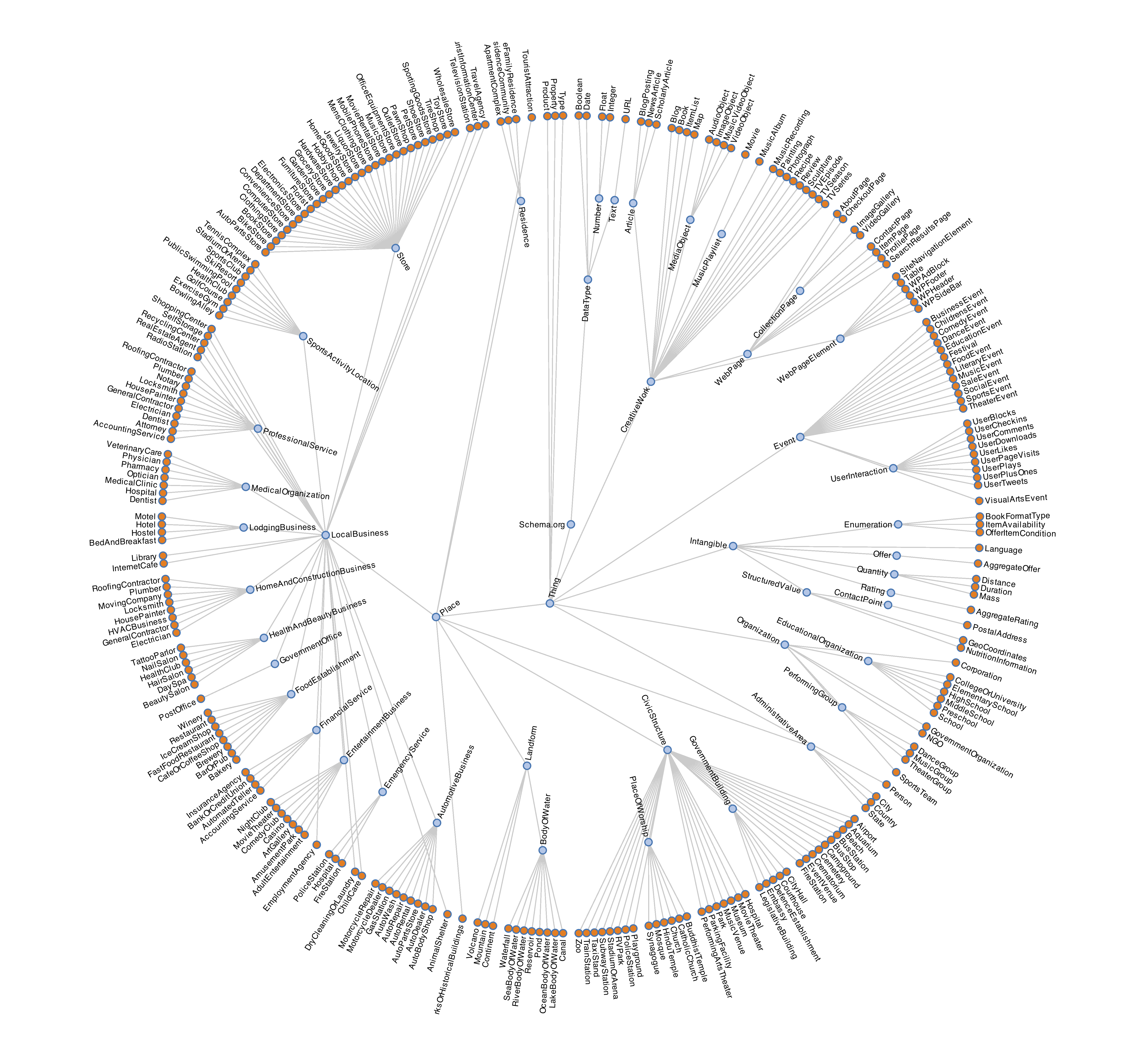Employing the Use of Artificial Intelligence (AI) with the Concept of Smart Neural Networks (SNN) Development Under Different Content Management Systems

Artificial Intelligence (AI) has revolutionized various industries by enabling machines to perform complex tasks that were once considered exclusively human. One of the most promising applications of AI is the development of Smart Neural Networks (SNN) under different Content Management Systems (CMS). This article explores the potential of employing AI and ANN within various CMS platforms, highlighting the benefits and challenges associated with this integration.

Content Management Systems are widely used tools for creating, managing, and organizing digital content. They provide a framework that allows businesses and individuals to easily publish and maintain their websites, blogs, or online stores. With the integration of AI and ANN into CMS platforms, the capabilities of these systems can be enhanced, leading to more efficient content creation, personalized user experiences, and improved decision-making processes.

AI-powered Smart Neural Networks are designed to mimic the human brain's structure and functionality, enabling machines to learn from data, make predictions, and perform cognitive tasks. By leveraging the power of AI and ANN, CMS platforms can offer advanced features such as automated content generation, intelligent content recommendations, sentiment analysis, and predictive analytics.

One of the primary benefits of integrating AI and ANN with CMS platforms is the ability to automate content generation. AI algorithms can analyze existing content, identify patterns, and generate new text, images, or videos based on the learned patterns. This can significantly speed up the content creation process, especially for platforms that require large volumes of content, such as news websites or e-commerce stores.

Furthermore, AI-powered ANN can enhance user experiences by providing personalized content recommendations. By analyzing user behavior, preferences, and historical data, the system can suggest relevant articles, products, or services, increasing user engagement and satisfaction. Personalization has become a key factor in attracting and retaining online audiences, and CMS platforms that integrate AI and ANN can gain a competitive edge in this regard.

Sentiment analysis is another valuable application of AI within CMS platforms. By using natural language processing techniques, AI algorithms can analyze user comments, reviews, or social media interactions to determine the sentiment expressed. This information can be used to gauge public opinion, identify potential issues, or even automatically respond to user feedback. Sentiment analysis can help businesses make data-driven decisions, improve customer support, and manage their online reputation effectively.
Predictive analytics is yet another powerful tool enabled by AI and ANN within CMS platforms. By analyzing large amounts of historical data, AI algorithms can identify trends, predict user behavior, and optimize content strategies. This can assist businesses in understanding their target audience better, tailoring their marketing campaigns, and improving conversion rates. Predictive analytics can also be used for inventory management, demand forecasting, and dynamic pricing, making CMS platforms more effective for e-commerce businesses.

While the integration of AI and ANN with CMS platforms offers numerous benefits, it also presents some challenges. Implementing AI requires substantial computational resources and expertise. CMS providers need to invest in infrastructure, train AI models, and ensure data privacy and security. Additionally, there might be ethical considerations regarding the use of AI, such as biased content generation or invasion of privacy. It is crucial for CMS providers to address these challenges and establish transparent guidelines to maintain user trust.
The employment of Artificial Intelligence and Smart Neural Networks in Content Management Systems holds immense potential for enhancing content creation, user experiences, and decision-making processes. The integration of AI and ANN within CMS platforms enables automated content generation, personalized recommendations, sentiment analysis, and predictive analytics. While there are challenges to overcome, the benefits of AI-powered CMS platforms outweigh the obstacles, paving the way for a more intelligent and efficient digital ecosystem.

Drupal is a popular and powerful Content Management System (CMS) known for its flexibility and scalability, making it a top choice for a wide range of websites, from small blogs to large enterprise portals. With the rapid advancement of AI technologies, integrating Artificial Intelligence and Smart Neural Networks (SNN) into Drupal opens up new possibilities and capabilities for content creators, site administrators, and end-users alike. Let's explore some specific use cases and benefits of these integrations.
- Automated Content Generation: AI-powered ANN can analyze vast amounts of data, learn patterns, and generate new content based on that knowledge. Integrating this capability into Drupal allows content creators to automate the generation of blog posts, articles, or even product descriptions for e-commerce websites. This feature is especially useful for websites that require frequent content updates or have a massive volume of content to manage.
- Personalized User Experiences: By leveraging AI algorithms, Drupal can deliver personalized content recommendations to individual users based on their browsing history, behavior, and preferences. This level of personalization enhances user engagement and increases the likelihood of converting visitors into loyal customers. Smart Neural Networks can continuously learn from user interactions and refine their recommendations over time.
- Natural Language Processing (NLP): AI-powered NLP can be integrated into Drupal to enable advanced search functionalities and chatbots. This allows users to interact with the website more naturally, using conversational language to find the information they need quickly. For example, an e-commerce site can have a chatbot that understands user queries and recommends relevant products or provides customer support.
- Sentiment Analysis and Feedback Management: AI can be used to perform sentiment analysis on user comments, feedback, and reviews submitted through Drupal-powered websites. Site administrators can gain insights into the overall sentiment of their users, identify potential issues, and address concerns promptly. Sentiment analysis helps businesses stay connected with their audiences and respond to their needs effectively.
- Search Engine Optimization (SEO) Optimization: Smart Neural Networks can help optimize content for search engines by analyzing trends, identifying keywords, and suggesting improvements. By integrating AI-powered SEO tools with Drupal, website owners can improve their organic search rankings and attract more traffic to their site.
- Predictive Analytics: Drupal CMS integrated with AI can leverage predictive analytics to forecast user behavior, website traffic, and content performance. This information can aid content creators in crafting more relevant and engaging content, targeting specific user segments, and making data-driven decisions to improve the overall website performance.
- Content Moderation and Filtering: AI can assist in automatically moderating user-generated content and filtering out spam, inappropriate, or offensive content. This feature helps maintain the integrity of the website and ensures a safe and pleasant experience for all users.
However, with these benefits come some challenges and considerations when integrating AI with Drupal:
- Data Privacy and Security: AI integrations may involve the collection and processing of user data. It is essential to comply with data protection regulations and prioritize user privacy and security.
- Customization and Integration Efforts: Implementing AI integrations with Drupal may require custom development and integration efforts. It's crucial to work with experienced developers or choose pre-built modules that align with specific use cases.
- Performance and Resource Management: AI and ANN require significant computational resources. It's essential to ensure that the hosting environment can handle the increased processing demands without affecting website performance.
- Ethical Considerations: AI algorithms can be prone to bias based on the data they learn from. It's important to be mindful of ethical considerations and actively address potential biases in AI-driven content generation or recommendations.
I never thought we may say something like this.
for me this was a state of art ... The Ultimate Computer set we could have
Some developers which could come from the future Star Trek
speaking to the computer to program for them.computer , Computer, computer!
Oh we have to do this the old ways with keyboard and write the code yourself
The three parts are needed:
- Voice recognition ( ready for English )
- Schematic set of Schema.org Blueprints + custom templates for products ( Web apps, Apps, API ) ( Issue #3439283: Added Schema.org Blueprints module to Varbase Core )
- OpenAI / ChatGPT / AI Search Integration + custom integration for products ( Issue #3425676: Initialized Varbase AI module with default requirements, and recipes )
People will look to have this in their systems/apps/web apps products.
Having my own testing and play around on this.

